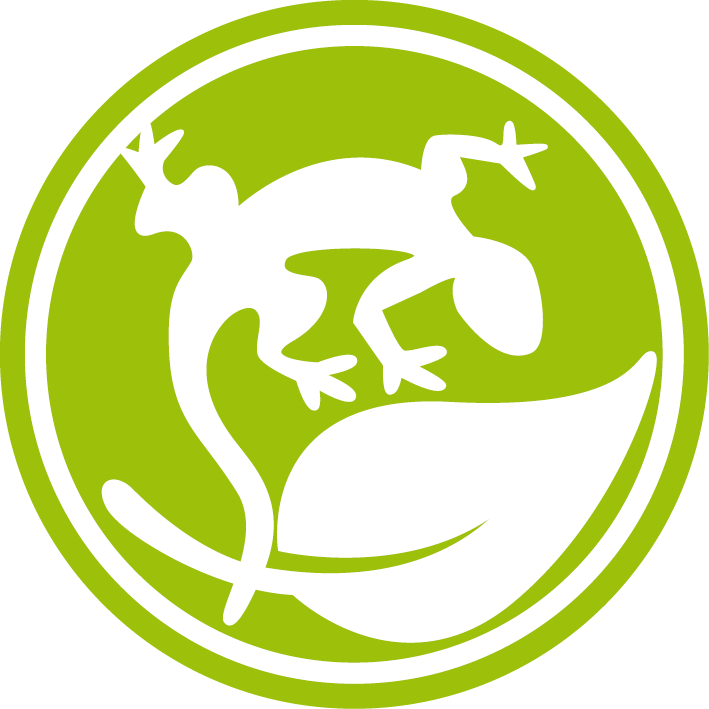Presentation of the Biology - Ecology Department's training offer
Presentation of the courses offered by the Biology and Ecology Department of the Faculty of Science

The Biology-Ecology department of the Montpellier Faculty of Science offers a wide range of courses from bachelor's to master's degrees. At bachelor level, the range of courses is organized into a general pathway called "Biologie Écologie" (the first year is shared with the "Biologie Mécanismes du Vivant" department, and is called "Licence Sciences de la Vie"). There is also a bachelor's degree in problem-based biology, with an alternative pedagogy based on project and group work. Finally, the department also offers a professional license, the EDEN license, accessible after a L2 (or a BTS).
The Master's program is divided into 3 specializations: (1) Biology, Ecology, Evolution; (2) Environmental Management; and (3) ECO EPI. In addition to these three specializations, the department offers training for future teachers (CAPES and Agrégation). Last but not least, the department is involved in the creation of a multi-disciplinary Master's degree in wood.
Detailed information is available on the department's website: www.biologie-ecologie.com
Licensing
=> The Biology-Ecology (BE) course of the Life Sciences (SV) bachelor's degreeis a multi-disciplinary scientific training program focusing on knowledge of organisms, their evolution and their ecology (in the scientific sense of the term), mastery of the essential mathematical and statistical tools, and acquisition of the scientific approach. This initial training is a general bachelor's degree, the primary aim of which is to enable students to continue their studies with a master's degree. A significant proportion of the teaching units in the first year of the Licence (L1) Sciences de la Vie Santé Environnement (SVSE) are geared towards these disciplines, but the course itself only begins in the second year (L2).
=> The problem-based biology degree isaccessible from the first year (L1). It places greater emphasis on cross-disciplinary skills (autonomy, communication, group work, etc.), with a program similar to the other pathway and an L3 option focusing on the biology of the organism/ecology/evolution.
=> The "Étude et Développement des Espaces Naturels" (EDEN) professional degreeis a one-year training program for senior environmental technicians in the public and private sectors. The aim of this degree is to train autonomous naturalist technicians, with a critical eye for methodological tools and the ability to keep abreast of rapid developments in these tools. The course will involve a large number of environmental professionals.
The Masters
=> The B2E (Biodiversity-Ecology-Evolution) Master's degreeis divided into 9 pathways, in line with its vocation and its aim to train students in the fields of biodiversity, ecology and evolution.
It covers a wide range of themes, preparing students for careers in ecology and/or evolution research, species and ecosystem management, scientific communication and teaching in the life and earth sciences. Areas of expertise and/or application include theoretical ecology, functional ecology, biodiversity, evolution, population genetics and genomics, paleontology, paleoenvironments, transmissible diseases, conservation biology, management of biodiversity and natural biological resources, and scientific communication.
It has forged close links with the University of Montpellier, AgroParisTech, Montpellier Supagro, the University of Perpignan Via Domitia and the University of Poitiers on the national level, and with the Universities of Groningen (Netherlands), Munich (Germany), Uppsala (Sweden) and Quebec (AT, Canada) on the international level.
=> The ECO EPIs labelcomes at a time when epidemics and emerging pathogen-related diseases have been on the increase in recent decades. These phenomena are the complex result of multiple, often correlated eco-environmental and socio-economic factors. The master's degreeEco-Epidemiology(Eco-Epidémiologie) offers an integrative, multi-disciplinary approach to training experts capable of meeting the challenges of studying these emerging phenomena and/or the epidemiological management of human and/or animal pathogens. The program is divided into two main pathways:- theIntegrative Study of Parasitic and Infectious Emergences pathway (EI-EPI) is designed for thesis pursuit infundamental or appliedresearch; - theManagement and Surveillance of Parasitic and Infectious Emergences pathway (GS-EPI) has an applied vocation(targeted or operational research).Four main areas of specialization are possible: -Zoonoses and animal diseases; -Vector-borne diseases; -Global changes and emergences; -Risks associated with Artificialization, modern technologies and therapeutics.
More information at https://eco-epidemiologie.com/
=> The Environmental Management specialization comprises multi-disciplinary, professionally-oriented courses offering career opportunities in a wide range of environmental and biodiversity sectors. The 6 Master's courses are :
- AQUADURA: Sustainable Production and Exploitation of Aquatic Bioresources
- GIEBioTe: Gestion Intégrée de l'Environnement, de la Biodiversité et des TErritoires (Integrated Management of the Environment, Biodiversity and Territories)
- IEGB: Ecology and Biodiversity Management Engineering
- Double Competence (DC) called Biodiv'In
- RAINET': Applied research to preserve biodiversity
- BiodivCom: Biodiversity Communication and Education
Detailed information on these routes can be found at: www.ingenieurs-ecologues.com
=>TheMEEF Master's degree in Life and Earth Sciencesis designed to train students for the teaching profession in secondary schools. It is organized over two years (M1 and M2) to prepare students for the external SVT CAPES competitive examination, and to enable them to make a successful entry into the education system and the profession.
This master's program focuses on a number of areas to guarantee the skills and knowledge essential for a future SVT teacher. On the one hand, it prepares students for the competitive exams through high-level scientific training linked to research; on the other hand, it is at the heart of training through field experience, with internships in accompanied practice and then in responsibility; finally, it provides essential knowledge in didactics, epistemology and pedagogy to ensure better preparation for the profession.
The multi-disciplinary team, made up of academics from science and education faculties, academic training professors, PRAGs and secondary school teachers, is a real asset for acquiring the skills and aptitudes required for the competitive examination and the teaching profession. The "dialogue" between the axes, vectors and structuring elements of training gives meaning to the dynamics of this master's program.